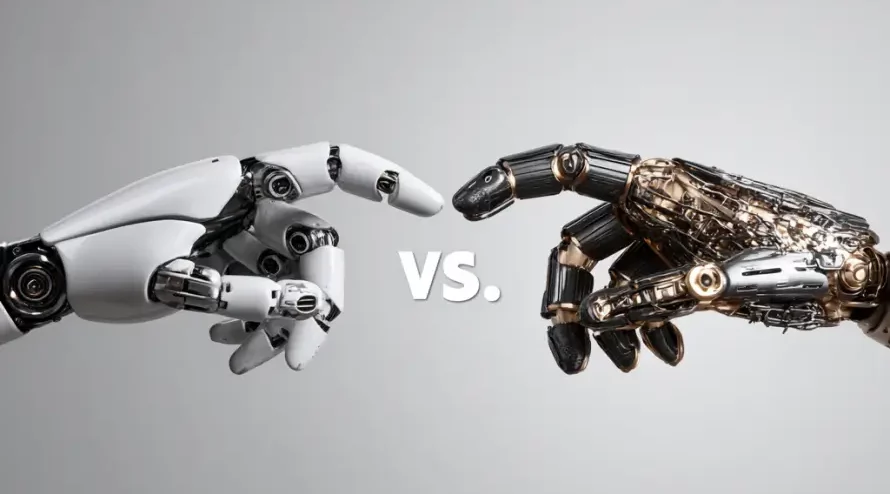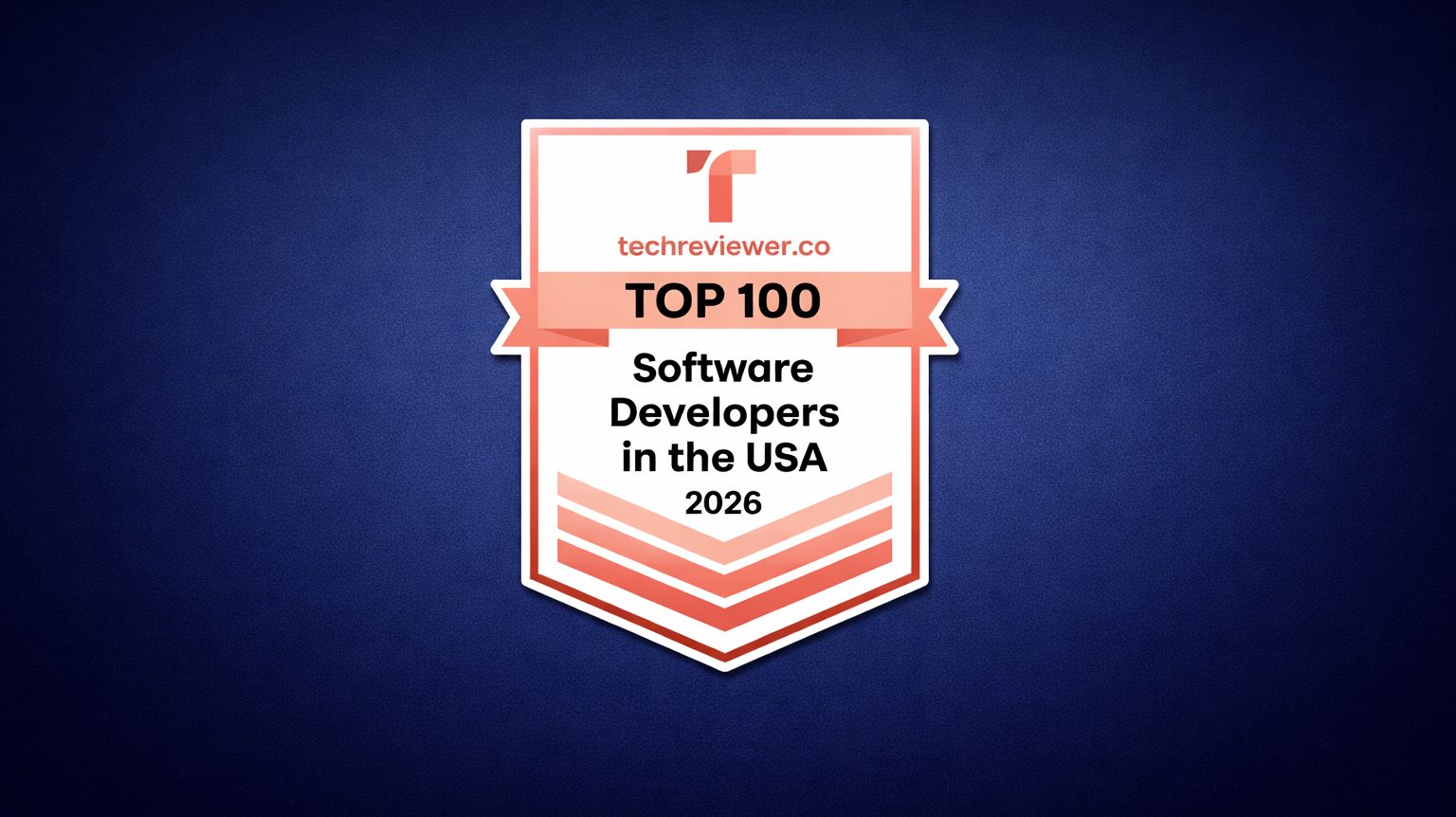- Software
- February 25, 2026
Agentic AI vs. Generative AI: Full Comparison & Real-life Examples
While AI is a broad umbrella term, tools like agentic AI and generative AI differ significantly in how they function and what they’re designed to do.
Read more- Software
- February 3, 2026
MCP Servers: Connect AI to Your Business Apps and Internal Tools
MCP servers are the bridge that allows AI to connect to tools, data, and systems through purpose-built integrations.
Read more- Software
- January 30, 2026
AI Contact Center Solutions: The Secret to Better Efficiency and Happy Customers
Discover how AI in contact centers improves efficiency, customer experience, and agent productivity. Transform your operations with smarter technology.
Read more- News
- January 21, 2026
Scopic Recognized Among the Top 100 Software Development Companies in the USA for 2026 by Techreviewer.co
Scopic secures a spot on Techreviewer.co’s 2026 list of the top 100 software development companies in the USA.
Read more












